If you’re into gardening, then you must know how important it is to take good care of your garden plants. From fruits to vegetable plants, regular watering and pruning are not enough for their proper growth.
Sometimes it’s essential for you to add fertilizers to provide the necessary nutrients for these plants to thrive. That’s why most gardeners prefer to use various types of fertilizers for their gardens.
Fertilizers can give your garden plants all the necessary nutrients to ensure better growth and healthy fruits. There are various types of environment-friendly and toxic-free fertilizers in the market.
Among them, Tomato Tone and Garden Tone are two of the most popular among gardeners. But which one is best for you?
Let’s compare Tomato Tone vs. Garden Tone and find out the right fertilizer for your garden.
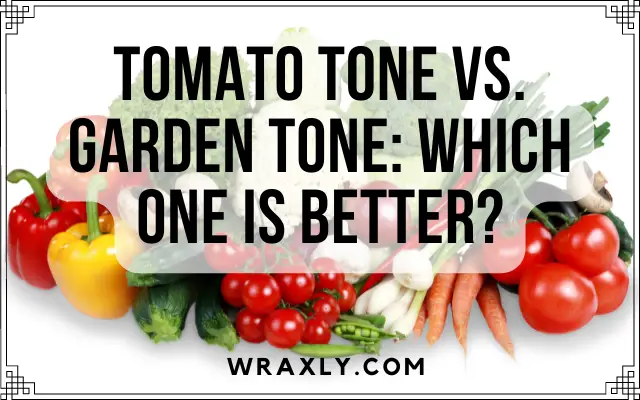
- What Is Garden Tone?
- Effects of Using Excessive Garden Tone
- Expiration of Garden Tone
- What Is Garden Tone Good For?
- Garden Tone Is an Organic Food for Plants
- What Is Tomato Tone?
- What’s the Result of Using Too Much Tomato Tone?
- Is Tomato-Tone a Good Fertilizer?
- Can Tomato Tone Be Used on Other Plants?
- How Are Garden Tone and Tomato Tone Different From Other Fertilizers?
- Tomato Tone vs. Garden Tone: Are They Interchangeable?
- Final Verdict
What Is Garden Tone?
In simple terms, Garden Tone is a natural and organic fertilizer that is used to provide extra nutrients to herbs and vegetable plants. It’s made of 100% organic elements, although some Garden Tones contain some non-organic elements as well.
Formulation
The basic formula of Garden Tone is 3-4-4 NPK (Nitrogen, Phosphorus, and Potassium).
Garden Tone also contains some vital by-products like bone meal, alfalfa meal, greensand, poultry manure, sulfate of potash, etc. Moreover, you can get about 2.2% slow-release nitrogen from Garden Tone.
Applications
Most gardeners apply Garden Tone before planting something to give the new plants the perfect nutritional condition for growth. After that, these fertilizers can be used during the whole growing season of the plants. It’s advised to re-apply the fertilizer every week after planting.
The right amount of Garden Tone depends on your soil’s condition and the growth rate of the plants. If you think your plants are suffering from malnutrition, you can also increase the rate at which you apply the fertilizer.
Preparation
Before applying Garden Tone, you need to prepare the soil to increase the effectiveness of the fertilizer. First, you have to remove all the weeds and debris from the soil. Then, you must apply about 3.5 lb of Garden Tone for every 50 sq ft. area of the garden. You can also include some additional supplements for better nourishment of the soil.
Effects of Using Excessive Garden Tone
The right amount of Garden Tone can significantly increase the growth of your garden plants. But applying more than the required amount can have a severely negative effect on the plants and vegetables.
Too much Garden Tone can often lead to the scorching of roots and foliage and, as a result, greatly damage the plants. That’s why it’s strongly recommended to follow the instructions written on Garden Tone’s packaging to avoid over-application.
Expiration of Garden Tone
It’s essential to know that there is no specific expiration date on Garden Tone fertilizers. It’s because, unlike other products, Garden Tone is made of ingredients like potassium, phosphorus, and nitrogen. These elements don’t break down even after a long period of time. So if you properly store these fertilizers, they will be usable even after many years.
What Is Garden Tone Good For?
Garden Tone is one of the most popular fertilizers in the market because of its effectiveness in helping a plant to grow. This 3-4-4 fertilizer has a perfect combination of potassium, phosphorus, and nitrogen, which are crucial for plants.
Mostly this fertilizer is used in the soil before planting and can also be applied throughout a growing season. If you want to fertilize row-grown vegetables and herbs, Garden Tone can be a very good option for you.
Moreover, you can also mix them with other supplements and create a perfect formula for the specific needs of your plants.
Garden Tone Is an Organic Food for Plants
Many fertilizers contain harmful and toxic elements that can cause long-term damage to the environment and soil. However, Garden Tone is a 100% organic fertilizer and is perfectly safe for the environment. Made of completely natural ingredients, Garden Tone also has some essential microbes that are highly beneficial for plants.
What Is Tomato Tone?
Tomato Tone is another kind of organic feed for plants that helps them to produce fruits and stay healthy. Just like the name suggests, this fertilizer is made particularly for tomatoes. But other vegetables and plants similar to tomatoes can also benefit from this natural fertilizer.
Tomato Tone holds a large amount of calcium that prevents disease and helps in the growth of plants.
Formulation
The formula of Tomato Tone is 3-4-6 NPK, and just like Garden Tone, it also contains by-products like alfalfa meal, magnesia, and greensand. This fertilizer has about 2.2% slow-release nitrogen, which is slightly lower than Garden Tone.
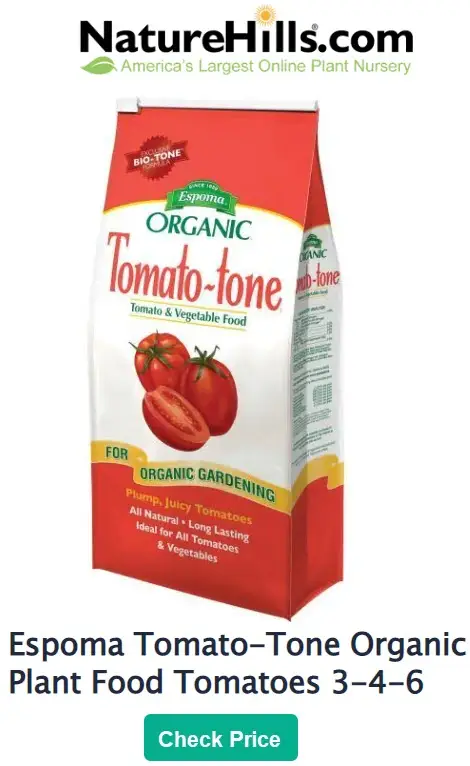
Applications
Similar to Garden Tone, you should apply Tomato Tone before planting the seeds in the garden soil. But you have to apply Tomato Tone more frequently than Garden Tone because tomatoes usually need more nutrients for their rapid growth. After applying Tomato Tone for the first time, you can re-apply within 2 weeks to maintain the nutritional balance.
Preparation
For Tomato Tone, it’s suggested to apply about 9 cups of fertilizer for every 50 sq ft. of soil. While applying Tomato Tone, you must ensure that these fertilizers reach at least 6 inches under the soil. In this way, the roots of the plants can get nutrients from the fertilizer.
What’s the Result of Using Too Much Tomato Tone?
Just like Garden Tone, Tomato Tone also has application instructions written on the packaging. But unlike Garden Tone, applying too much Tomato Tone won’t lead to serious consequences.
The reason for this is that this type of compost is considered slow-release fertilizer and provides nutrients throughout an extended period of time. So even an excessive amount of Tomato Tone won’t hurt your plants. But it’s not recommended to use too much of this fertilizer as it could hinder crop yield.
Is Tomato-Tone a Good Fertilizer?
Just like Garden Tone, Tomato Tone is 100% organic fertilizer and totally safe for the environment. The formulation of this fertilizer is 3-4-6-NPK which is greatly beneficial to plants and vegetables as well.
With this fertilizer, the tomatoes of your garden will get natural nutrients that are essential for their growth. Furthermore, these fertilizers are completely biodegradable and won’t adversely affect your garden soil.
FOR FURTHER READING
- The Perfect Time to Plant Tomatoes in California
- How Much Sun do Tomato Plants Need
- Cherokee Purple vs Black Krim: Which One to Grow
- Is garlic a vegetable?
Can Tomato Tone Be Used on Other Plants?
There is a common misconception that Tomato Tone can be only used on Tomato plants. But in reality, many other vegetable plants can also benefit from Tomato Tone.
Although Tomato Tone was initially made for tomato plants, it’s been quite effective for many vegetable plants other than tomatoes. In fact, you can use Tomato Tone on vegetables such as melons, peppers, squash, etc., and get great outcomes in terms of growth and nutrition.
You may also be interested in… Ecoscraps vs. Milorganite: Which One Should You Choose?
How Are Garden Tone and Tomato Tone Different From Other Fertilizers?
Both Garden Tone and Tomato Tone are one of the best fertilizers in the market because of their effectiveness and reliability. Many gardeners put their trust in these fertilizers because of their unique qualities.
The major aspect of these two fertilizers is that both Garden Tone and Tomato Tone are organic. That’s why they won’t cause harm to the soil and plants, unlike other synthetic fertilizers.
Moreover, the natural ingredients of these fertilizers will improve the soil structure and retain proper moisture and nutrients. Furthermore, Garden Tone and Tomato Tone won’t induce fertilizer burn to the plants because of their slow-release effects.
Tomato Tone vs. Garden Tone: Are They Interchangeable?
Although both Garden Tone and Tomato Tone are great for all vegetables, you should choose one that is most beneficial for the specific plant or plants you are trying to grow. You can get the best result with the right fertilizer for the right plant.
For instance, if you have tomato plants, using Garden Tone can be useful, but it will not be as effective as Tomato Tone. Likewise, applying Tomato Tone on ornamental plants might not be as beneficial because these types of plants need acidic soil. So, while it’s possible to use any of the two fertilizers on a wide range of plants, choosing the right one for the right plant can produce the best results.
Final Verdict
Both Garden Tone and Tomato Tone are effective fertilizers that can increase the growth of plants. But in the debate between Tomato Tone vs. Garden Tone, there is no clear winner. It all comes down to your preference and the type of garden or the type of plants you are interested in.
If you grow tomatoes and want rapid growth of your garden plants, the best choice would be Tomato Tone. But on the other hand, if you’re looking for an organic fertilizer that gives row-grown vegetables proper nutrients, go with Garden Tone.
Applying both of these fertilizers to the right plant can ensure vigorous yet healthy growth of your garden plants.
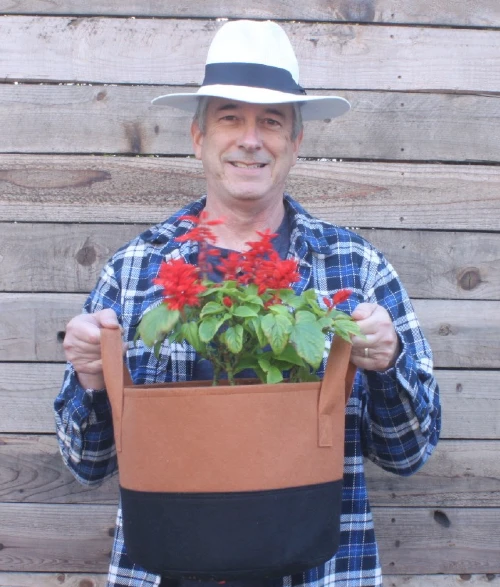
Darrell has a passion for gardening that he inherited from his father. Go here to read more about the influence his father played in his love for gardening. If you want to send Darrell a quick message, then visit his contact page here.
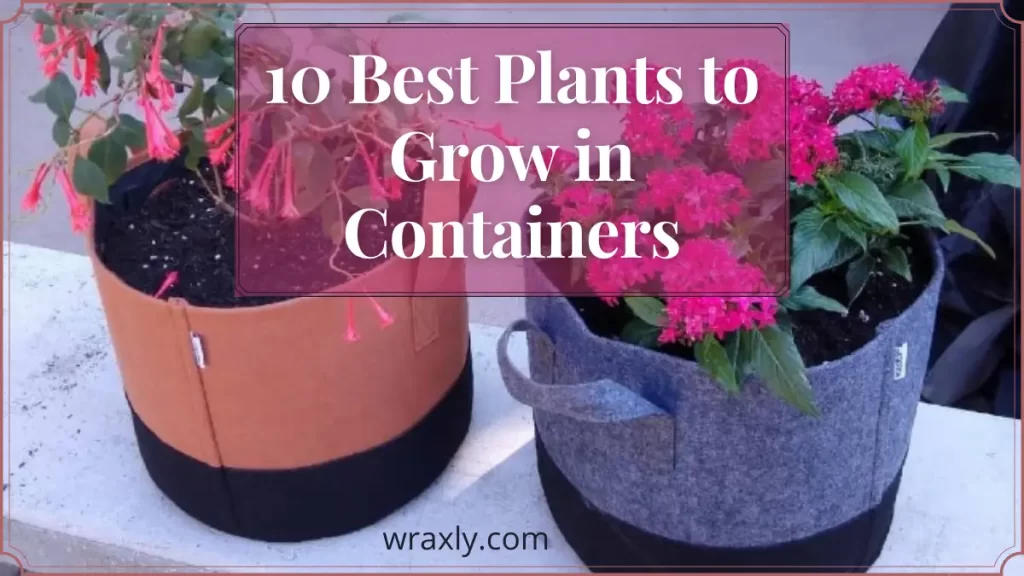
![How to Water Indoor Plants [Plant Care 101]](https://wraxly.com/wp-content/uploads/2021/03/How-to-Water-Indoor-Plants-Plant-Care-101-1200-1024x576.webp)
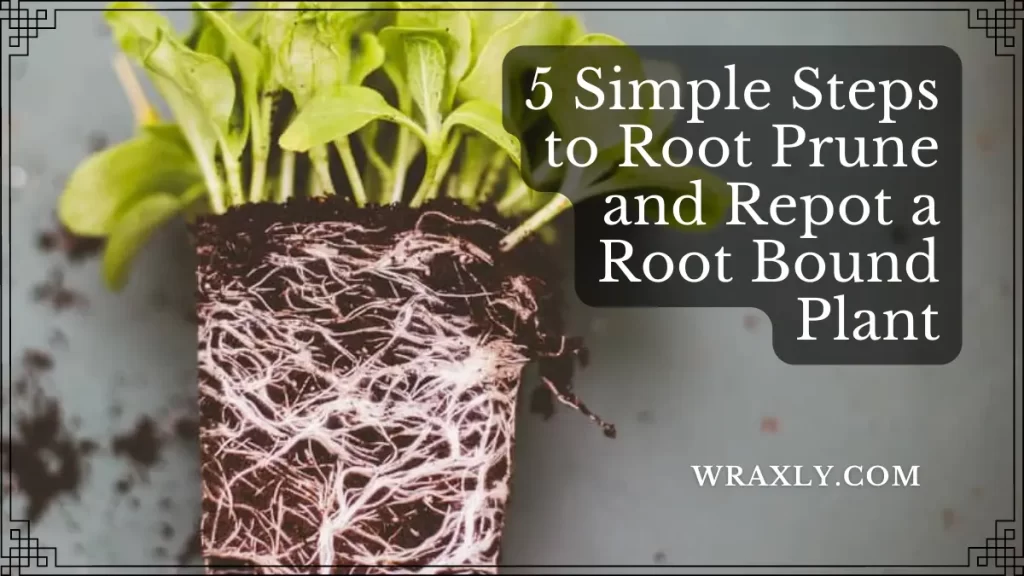
![Growing Plants from Cuttings [A Simple Guide]](https://wraxly.com/wp-content/uploads/2021/03/Growing-Plants-from-Cuttings-A-Simple-Guide-1200-1024x576.webp)